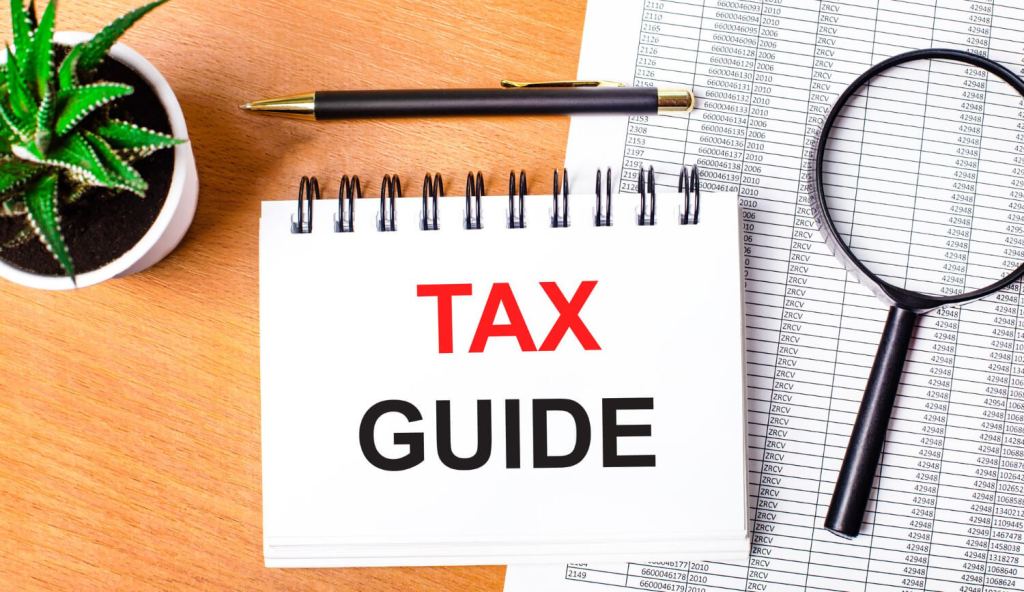At the 48th GST Council meeting, the GST on health insurance was a hotly debated topic. The GST rate on health insurance policies in India will be reduced from 18% to 12%, according to reports. The article discusses the most recent GST rate for health insurance and how lowering the GST rate on insurance will have its own set of benefits.
What exactly is GST on health insurance?
GST is levied on health insurance premiums at the time of purchase or renewal. Simply put, GST will be levied on the premium paid for a medical or health insurance policy. Health insurance premiums, like any other insurance scheme, are subject to 18% GST.
However, certain government-run health insurance schemes are exempted for economically disadvantaged members of society. The Universal Health Insurance Scheme and the Niramaya Health Insurance Scheme are both run by the Trust established under the National Trust for the Welfare of Persons with Autism, Cerebral Palsy, Mental Retardation, and Multiple Disabilities Act, 1999. (44 of 1999). It means that the sale of such health insurance policies is subject to a 0% GST rate.
Effect of GST on Insurance
Prior to the introduction of GST, medical or health insurance was subject to Service Tax. Any sale of insurance policies would be subject to a total Service Tax of 15%, with 14% going to the Basic Service Tax, 0.5% going to Swachh Bharat Cess (SBC), and 0.5% going to Krishi Kalyan Cess (KKC) (KKC).
Health insurance has an 18% GST. The insurance industry has consistently demanded that the GST rate on health insurance premiums be reduced to as low as 5%.
These premiums have risen over time, particularly during the pandemic between 2019 and 2021, as Indians rushed to purchase these medical insurances in order to financially protect themselves and their families in the event of a medical emergency.
The low penetration of health insurance in the Indian market is due in part to the 18% GST rate on health insurance. The GST rate Fitment Committee rejected the proposal to lower the GST on health insurance premiums, including other schemes such as life and third party, in May-June 2022, ahead of the 47th GST Council meeting. The rate could be reduced from 18% to 12%, giving Indian citizens a chance to protect themselves by purchasing health insurance policies at a lower cost.
Benefits of Reduction in GST Rate
The insurance industry was in demand, particularly with the increase in medical cases during and after the pandemic. Since then the experts have realised that the 18% GST on health and term insurance should be reduced because it is higher. If the government eliminates the 18% GST on the same, a lot more people will purchase health and term insurance for their medical security. Currently, a smaller proportion of people in the nation have health insurance as a consequence of the high premiums.
Prior to the advent of higher insurance premiums, people used to pay for medical services out of their own pockets. A federation of non-life insurance agents called the Confederation of General Insurance Agents Associations of India urged the government to distinguish between policies made on personal grounds, which are used by individuals to make claims, and those made on commercial lines (taken via business and industry), in the previous year.
The ITC is applied to the premium submitted for commercial and industrial insurance. The premium for health, personal accident, and home security (fire, theft, etc.) policies must be paid in addition to the high rate of GST at 18%.
A GST of 18% has been imposed on term policies. Therefore, you would need to provide Rs 1800 for Goods and Services Tax along with your yearly term plan premium of Rs 10000.
When you choose an add-on like accidental death advantage (for additional payout for the worry of death due to an accident), you are required to file an 18% GST (Goods and Services Tax) on the additional premium charged to the rider.
“This deters people from obtaining insurance for protection. In order to gradually ensure citizens’ social security by getting people to consider transferring risk to insurance companies at manageable, affordable costs, the government needs to push and encourage non-life insurance for households to cover the risks of accidents and hospitalisation.
The offer for a lower tax rate on premiums paid on insurance policies from life to health to third parties has been rejected by the fitment committee, a group of central and state government officials working for the GST Council. Since many people turned to insurance plans to protect themselves for financial security during the past two years due to the pandemic, insurers have been seeking health insurance premiums.




